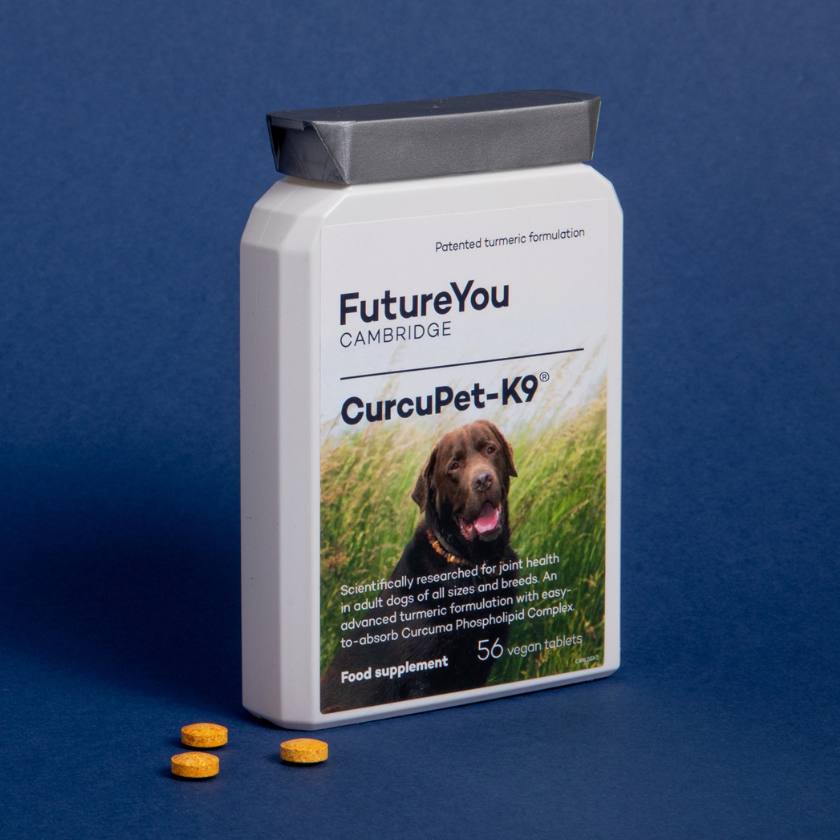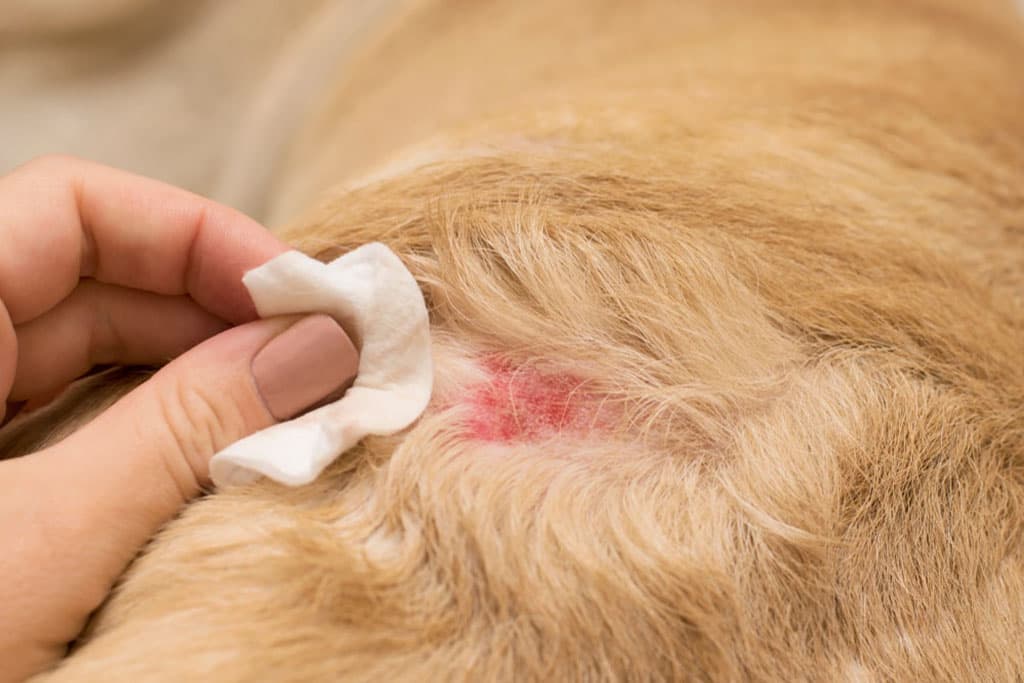New Suggestions For Choosing Probiotics For Dogs
Wiki Article
What Can Omega-3 Fatty Acids Do To Aid Joint Health In Dogs And Cats?
Omega-3 fatty acids and in particular EPA (eicosapentaenoic acid) and DHA (docosahexaenoic acid) have a key part in sustaining and enhancing joint health in both cats and dogs. The reasons why they're so beneficial:
Anti-inflammatory Properties
Reduce Inflammation
Function: Omega-3 fat acids have significant anti-inflammatory properties. They block the production of cytokines that are pro-inflammatory and eicosanoids, which cause inflammation.
Omega-3s are helpful in reducing joint inflammation. They can help alleviate swelling and pain caused by arthritis. This helps pets move more comfortably, thereby increasing their overall quality of live.
Joint Lubrication and Health
Better joint lubrication
Function Omega-3 acids are vital for maintaining the health of synovial fluid that is what lubricates joints.
Benefits - A better lubrication system results in smoother joint movement and less friction. This reduces wear and tear on the cartilage. This is especially beneficial for pets with joint problems or at a high risk.
Cartilage Protection and Repair
Cartilage Protection:
Function: Omega-3s reduce the activity of enzymes that breakdown cartilage.
Benefits : Keeping cartilage healthy helps keep joints healthy and reduces the progression of osteoarthritis.
Immune System Support
Immune System Regulation:
Function They are known to modulate and balance the immune system.
Benefits: A well-regulated immune system can handle joint health issues, preventing overly inflammation and further joint injury.
Enhanced Mobility and Comfort
Better Mobility
Omega-3s help reduce inflammation and maintain joint structures to help pets move more easily.
Benefits A lot of pets, especially elderly animals or those suffering from arthritis show less pain and better mobility. This results in a happier and more active life.
Additional Health Benefits
Overall Health
Function: Omega-3 fatty acids help the skin, cardiovascular or coat health of dogs and contribute to their overall well-being.
Benefits of a healthier pet A pet that is healthy is more active and have more joint health.
Utilization and Recommendations
Dosage: The amount of Omega-3s will be determined by the weight, size, and overall health of your pet. You should always follow your veterinarian's advice or the product's instructions.
Omega-3s can be found in high-quality fish oils. Selecting products that are specifically designed for pets is crucial for ensuring the safety and effectiveness of your pet.
Omega-3 supplements may cause side effects. Some pets experience issues with digestion or breath that is fishy. There is a way to reduce the risk of negative effects by beginning at an initial dose and gradually increasing the dose.
The conclusion of the article is:
Omega-3 fatty acid is beneficial to joint health in pets and canines. Their anti-inflammatory properties, capacity to enhance joint fluidity, protect cartilage and support the immunity system contributes to better joint function and reduces pain. Regular supplementation can result in improved mobility and an overall healthy, active lifestyle for pets. View the recommended naturalpetsupplements.com.au supplements for more advice including pet holy basil supplements, pet supplements for pets with epilepsy, pet supplements for pets with ringworm, organic pet supplements australia, pet supplements for pets with muscle weakness, organic pet supplements australia, pet supplements for pets with fear of injections, pet supplements for pets with weak bones and more.

What Does Omega-3 Fatty Acids Aid Animals And Cats With Kidney Failure?
Omega-3 fatty acids, specifically EPA (eicosapentaenoic) and DHA(docosahexaenoic) are able to assist in preventing kidney disease in cats and dogs, by delivering numerous benefits to improve overall health and kidney function. The way they can help manage kidney failure is as follows:
Anti-inflammatory properties
The reduction of inflammation
Function The fatty acids help can reduce inflammation by reducing pro-inflammatory cells (cytokines) and eicosanoids.
Benefits: Because omega-3s help decrease inflammation, they may slow down the progress of kidney disease and enhance kidney functions.
Blood Pressure Regulation
Lowering Blood pressure:
Function Omega-3 fatty acids to regulate blood pressure by enhancing blood flow and reducing inflammation.
Benefits: Lower blood pressure can help reduce strain on kidneys, assisting to slow the progress of kidney disease and safeguard the remaining kidney function.
Proteinuria Reduction
Reducing Proteinuria:
Function: Omega-3s have been proven to decrease the amount of protein that leaks into the urine. This is known as proteinuria and is a typical problem in kidney diseases.
Benefits: Reduce the amount of proteinuria in order to prevent further kidney damage.
Glomerular Filtration Rate (GFR) Preservation
Supporting Kidney filtration:
Function Omega-3 fat acids help maintain the integrity of glomerular filter this is the process by the kidneys that filter blood.
Benefits: A stable GFR can help maintain kidney function and reduce the development of chronic renal disease.
Appetit Stimulation and Nutritional Support
Improved appetite:
Function: Omega-3s are able to improve appetite and overall nutritional intake in pets with kidney problems, which is why they often have less appetite.
Benefits: A higher diet can help improve overall health and also help animals suffering from kidney disease to keep their weight in check and maintain muscle mass.
Cardiovascular Health
Helping Heart Health
Function: Omega-3 acids improve cardiovascular health by reducing inflammatory processes, lowering blood pressure and improving the lipid profile.
Benefits: A healthier cardiovascular health could reduce complications such as heart disease and kidney failure and improve overall health and wellbeing.
Antioxidant Effects
Reducing Oxidative Stress:
Function: Omega-3 fatty acids have antioxidant properties that aid in reducing kidney oxidative stress.
Benefits: Reducing the oxidative stress of kidney cells against damage, leading to improved kidney function.
Questions and Use
Dosage and Administration correct dosage of omega-3 fatty acids will depend on the pet's size and weight as well as their specific health requirements. The advice of the veterinarian or the product's labels are crucial. Fish oil supplements that are specifically designed for pets are a common source of omega-3s.
Omega-3 supplements can be found for pets in a variety of types. These include chews, liquid oils and capsules. It is important to select a product that is of good quality to guarantee its safety and effectiveness.
Omega-3 supplements may cause stomach upsets in a few animals. You can reduce side effects by starting at a lower dosage and increase it gradually over time. Monitoring any adverse effects like vomiting or diarrhea is essential.
Conclusion
Omega-3 fat acids offer significant benefits when it comes to treating kidney failure, in cats and dogs. Their anti-inflammatory, blood pressure-lowering, proteinuria-reducing, and appetite-stimulating properties help support kidney function and overall health. Omega-3 supplements can help slow the progress of kidney disease and increase the quality of life for pets suffering from kidney disease. See the most popular pet wellbeing recommendations for blog examples including pet allergy relief supplements, pet anxiety relief, pet supplements for pets on medication, pet supplements for pets with phobias, pet skin and coat care, pet supplements for pets with fear of confinement, pet supplements for pets with fear of stairs and steps, pet muscle supplements and more.

What Is The Best Way To Use Apple Cider Vinegar? Be Used To Treat Yeast Infections In Cats And Dogs?
ACV is often prescribed to treat yeast infections in dogs and cats. Acidity in ACV can lead to adverse effects, and it is not advised without the supervision of a veterinarian. ACV could help in treating yeast infections.
Antifungal Properties
Acidic Environment
ACV is a liquid with a pH range of 2.5 and 3 which is considered to be acidic. This environment can be inhospitable for yeast to flourish.
Benefits of applying ACV in diluted form on the pet's skin or ears, as well as adding it to bath water helps to decrease yeast.
Skin pH Regulation
Balancing Skin pH:
ACV helps to regulate the pH of skin, promoting an endocrine-friendly barrier and inhibiting yeast growth.
Benefits: Keeping a good pH balance in the skin can help prevent yeast infections and promote overall skin health.
Anti-inflammatory Effects
Reduce inflammation
ACV is mildly anti-inflammatory.
The benefits of lessening inflammation: It can help reduce the symptoms of yeast infections, such as itching, redness and discomfort.
Support for Digestive Health
Internal Use
ACV's primary function is to improve digestive health by balancing gut flora, when consumed at low doses and in highly diluted form.
Benefits Healthier gut environments supports overall immune functions and imbalances in microbial activity which can reduce yeast growth.
Utilization and Recommendations
Topical Application: Use ACV dilute with water (typically, 1 part ACV for 1-2 parts water) or spray or rinse on the skin or ears. It is best to avoid applying it directly on wounds that are open, or sensitive skin.
Internal Use: If you are considering internal use, always consult a doctor first. ACV can be given to young children in small amounts and should be highly dilute (e.g. 1 teaspoon or tablespoon per cup water).
Monitor any indications of irritation that occur when applying ACV. Discontinue ACV use if adverse reactions occur.
Consultation with Veterinarian: It's crucial to consult with a veterinarian prior to applying ACV for yeast-related infections in animals. They can give advice on the proper dosage techniques, methods of application, and the potential risk depending on your pet's particular medical needs.
Conclusion
Apple cider has certain advantages in the management of yeast infections in dogs as well as cats however, use of this vinegar should be carried out under the supervision of your veterinarian and with cautiousness. ACV could possess mild anti-inflammatory and antifungal properties due to the acidity of its nature. It is crucial to dilute ACV in a proper manner and apply it carefully in order to avoid irritations or other adverse reactions. Veterinary guidance ensures that ACV is safe and efficiently as a part of a comprehensive treatment program to treat yeast-related infections in pets. Have a look at the most popular best vitamins for dogs examples for blog tips including pet wellness supplements, pet joint support, pet immune system supplements, pet supplements for pets with muscle weakness, pet supplements for pets with kidney disease, australian natural pet products, pet burdock supplements, pet supplements for pets with fear of shadows and more.
